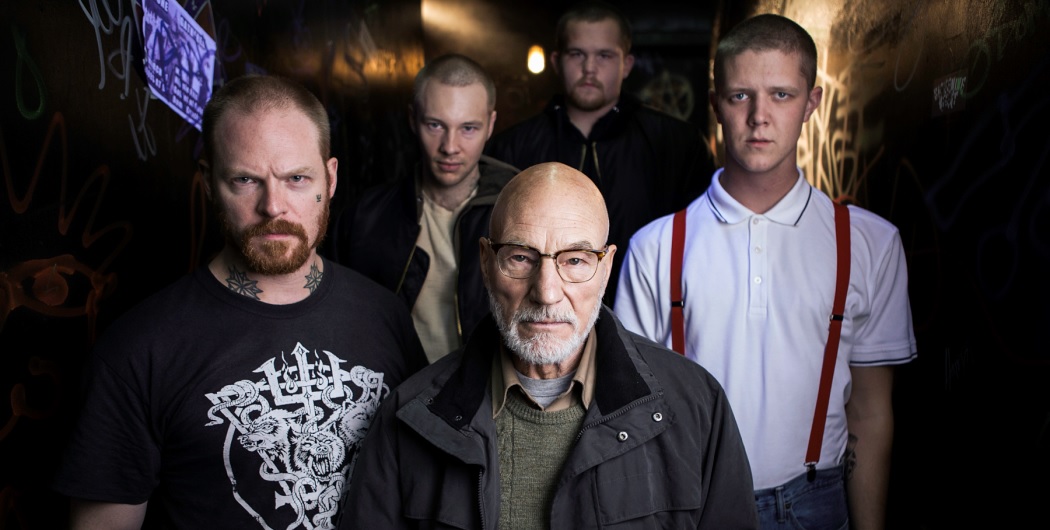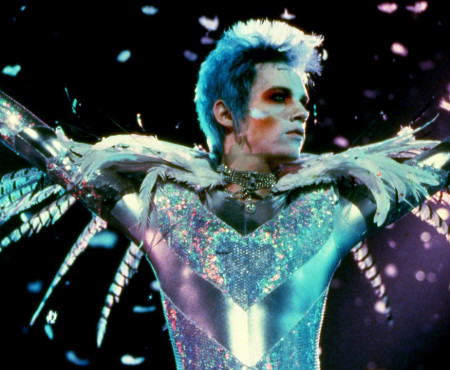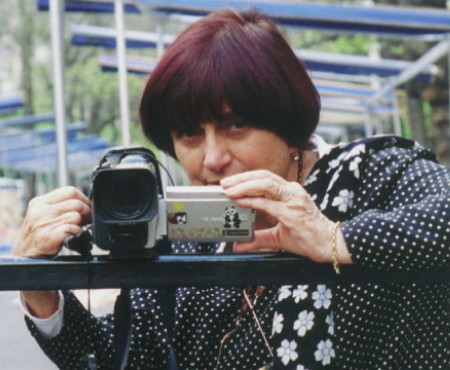Jeremy Saulnier’s breakout film Blue Ruin depicted violence as an elemental force; a practically innate disposition of the human condition. In that spin on a classic revenge tale, Saulnier metes out precious little information on the characters hell-bent on destruction to highlight how shockingly natural these primal acts are. His follow-up, Green Room, also takes violence as one of its major subjects – but here, the filmmaker shifts gears, depicting the savagery of human conflict as something aberrant to our very nature. As a punk rock band, barred off in a green room, wars against the group of neo-Nazis that hosted their show, acts of brutality take on an almost cartoonish tenor. For instance, someone’s mangled arm looks like a candy cane of flesh and blood, a sight Saulnier milks for all it’s worth to the tune of disgusted groans.
This unnatural, unsettling violence provides heightened stakes for what otherwise might play like a simple hodgepodge of tropes from final girl” captivity or siege-style thrillers. Throwing in a group of white supremacists helps to add weight (especially when these groups are currently coming out of the woodwork to endorse Donald Trump’s presidential run). But while their violence may be exaggerated, Saulnier never strips them – or their trained attack dogs – of basic dignity. He even includes a sequence, beautifully shot by director of photography Sean Porter, which manages to find a bit of impressionistic poetry in the writhing bodies of their mosh pit.
To be clear, Green Room never condones the group’s ideology. The skinheads are still clearly the villains, but Saulnier’s choice to withhold immediate and unflinching condemnation allows some insight into what holds the group together. Their leader, Patrick Stewart’s Darcy, hardly matches the model of the charismatic authority figure. Instead, along with his tactical right hand man Gabe (Blue Ruin star Macon Blair), he evinces a magnetism of the calm and collected variety.
That disposition stands in stark contrast to the manic array of rockers that constitute “The Ain’t Rights,” led by Anton Yelchin’s Pat and Alia Shawkat’s Sam. Even though their music pushes them to the fringes of performance venues, the group still lacks common sense and self-defense mechanisms. Still, Saulnier clearly feels a good deal of kinship with the punks and gives them dynamic personalities that prove oddly compelling. These vibrant characters ensure more colors are at play than just the red that dominates Green Room.




















